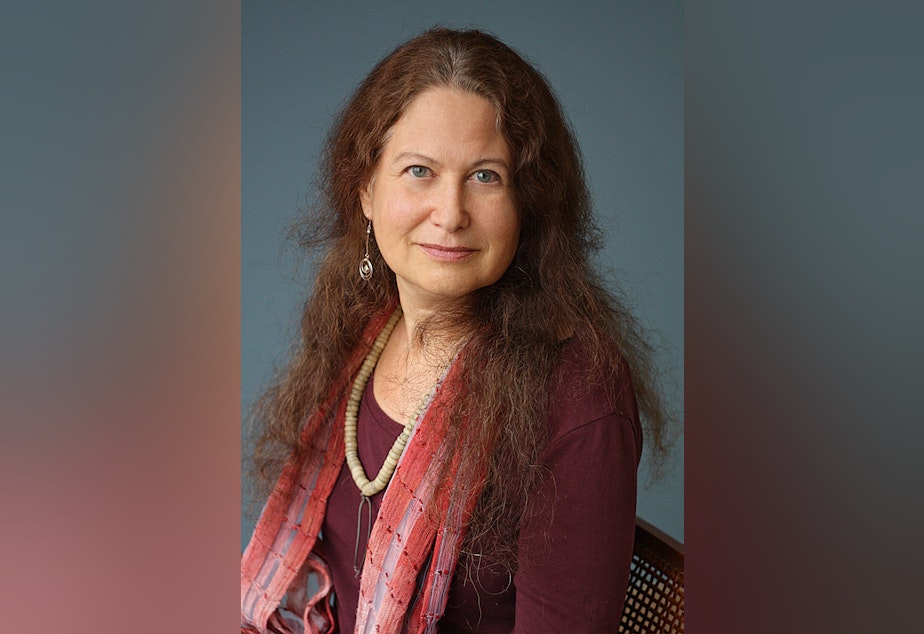Jane Hirshfield On Turning To Poetry In Grief

Elizabeth Austen speaks with Jane Hirshfield, a fellow poet and long-time practitioner of Zen Buddhism. Hirshfield is the author of eight books of poetry, two collections of essays and several volumes of translations. She reads from her new books: a collection of poems, "The Beauty" and "Ten Windows: How Great Poems Transform the World."
INTERVIEW HIGHLIGHTS
On why we often turn to poems in times of grief:
One of the great roles that poems play in a life is to speak what there are no words to say. And I think this is exactly why in the moments of our largest loss, bewilderment, darkness, and also our largest joys -- weddings, as well as funerals -- when what we don't know how to say with our ordinary words wants to be brought into the room, a poem will do that.
On the element of surprise in poems:
Sponsored
There are three chapters in the middle of ["Ten Windows"] on hiddenness, uncertainty, surprise. Those three subjects, I think, are really at its core.
Surprise seems to me the "hidden" way that poems do change us. Surprise, the neuroscientists tell us, lasts infinitely briefly in the brain, but that moment when you are surprised is the moment when you are opened and emptied of every preconception and something new has a chance to step forward inside of you.
So, for example, we remember that grief is devastating. That's something we can hold onto. But what good poems of grief also say is: life is worth living, and even grief has its beauty. And that is almost impossible to think of until it is enacting itself inside of you.
On writing as a path of discovery:
When I begin writing a poem I never know what will come into it. And in fact for me, poetry, while it is certainly a path of expression, is even more than that a path of discovery.
Sponsored
I turn to poems when I myself need to know something I don't yet know, to feel something I don't yet feel; when I am baffled, confused, when the fabric of my understanding needs to be changed, needs to be re-woven and brought back together. A poem is a way of finding something, not just of saying something.
On "difficult" poems:
Some poems really are difficult and hard to understand and people shouldn't think it is their own failure. Sometimes it's the poem's failure, sometimes it's a mismatch of person and poem. So don't think that every poem is your task to somehow come to a handshake with.
But, as a generality, I think one thing that happens -- perhaps with, you know, the wrong 5th grade teacher -- is people begin to feel that poems are a set of crossword puzzle clues meant to be figured out.
And I feel poems are much more like music, in that while they do have meaning, that meaning is so often 'unsayable' -- that when you listen to a piece of music you're not trying to come to a summary statement. You listen to music to be moved.
Sponsored
And I think that word "listen" is very important. Trust the words, listen to the words, let them come into you. Give your life to them, and see what presents itself.

